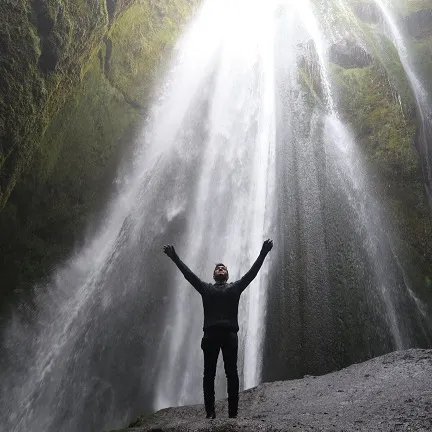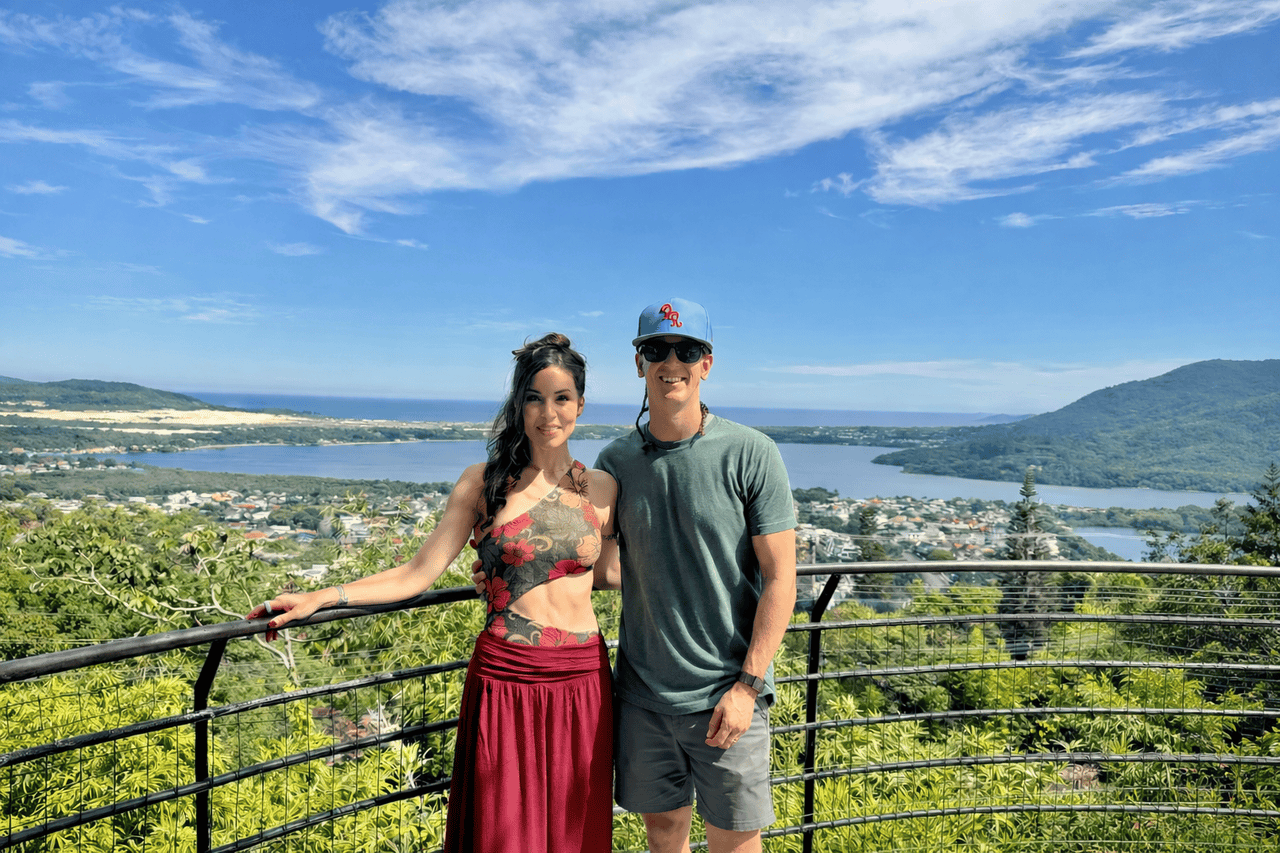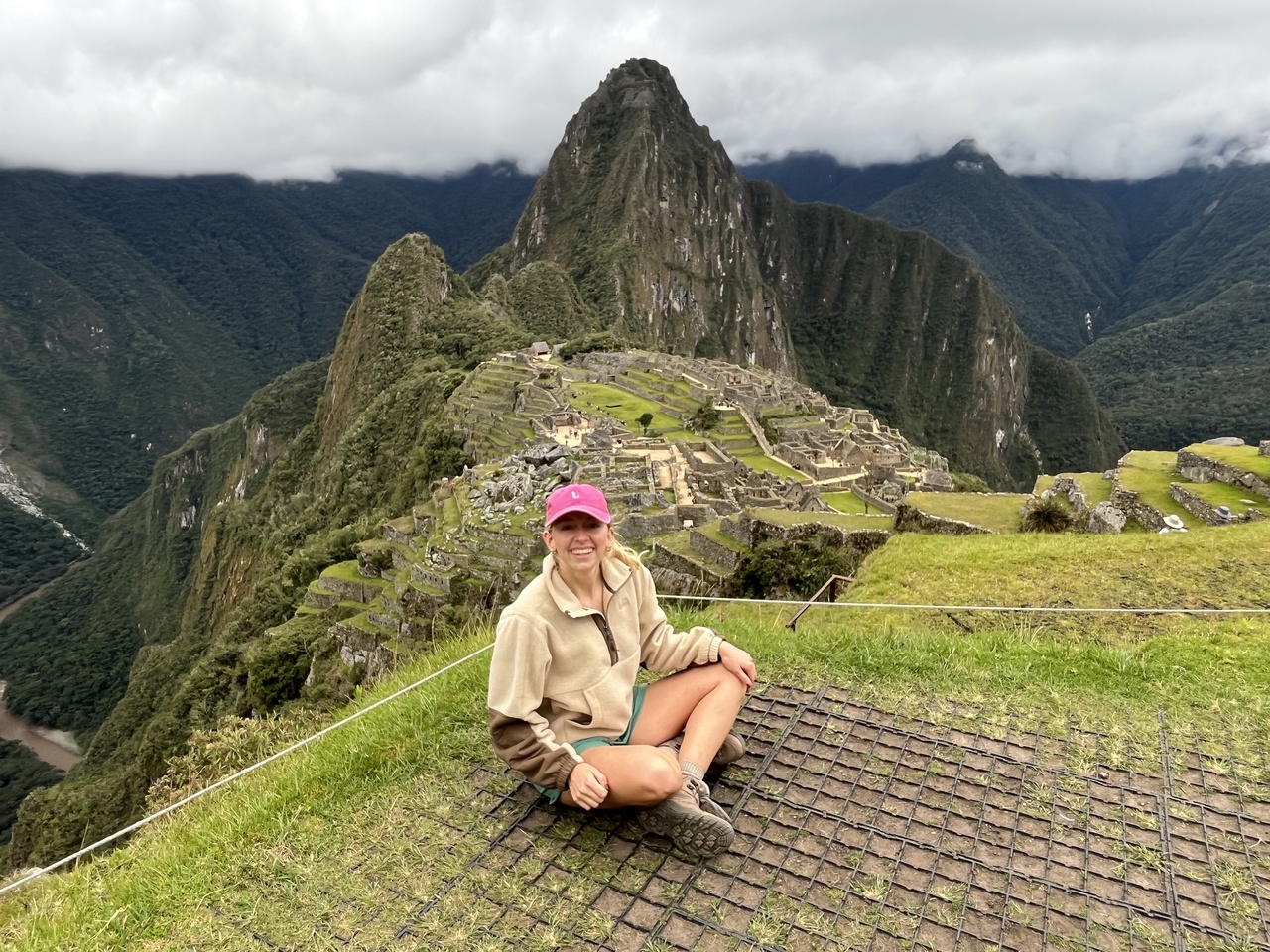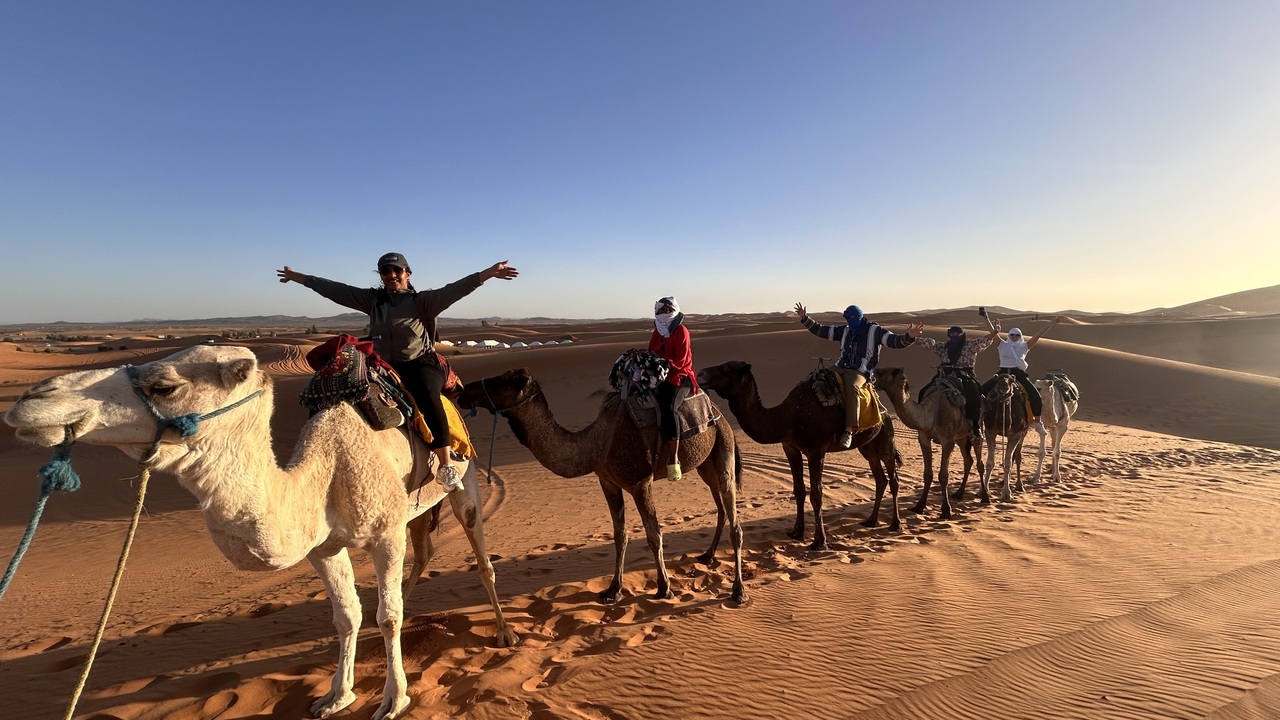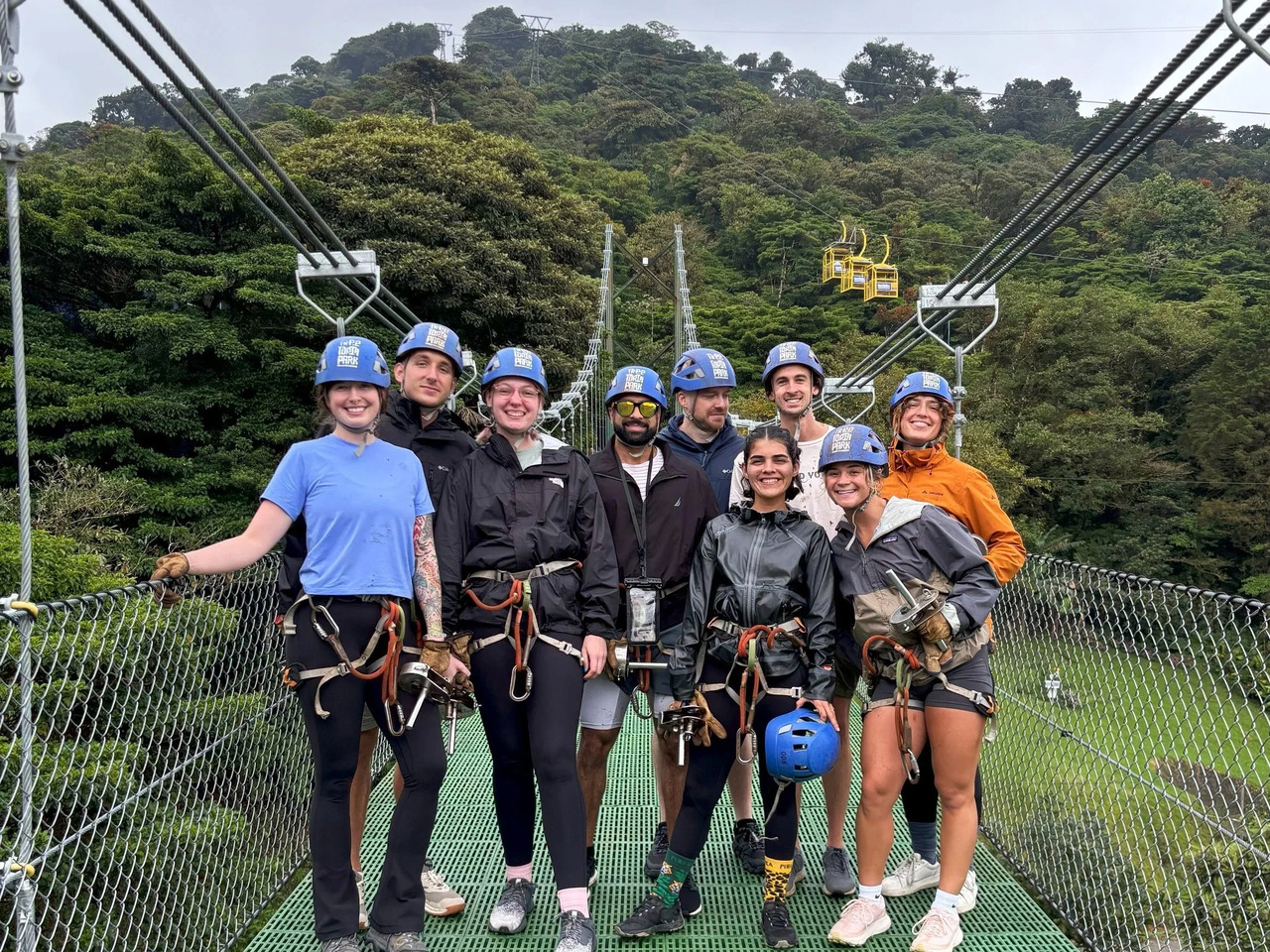With the exciting announcement of the latest Under30Experiences trip along the Inca Trail in Peru, this is a great time to remember that even the most free-spirited travelers have responsibilities, and one of the biggest ones we collectively share is to respect the natural environments and landscapes we visit as a part of this amazing community.
In case you weren't aware, since 2001, the Inca Trail has utilized a permitting system with the maximum number of permits capped at 500. Permits are available on a first come, first-served basis by date and are provided by the Peruvian Government. Support staff (such as cooks, porters, and guides) are included within the five hundred, meaning that only about 200 permits are allocated for tourists per day.

In short, participating in this trip will be an extraordinary, special opportunity--one that's meant to be appreciated and respected.
Permitted hiking helps the local economy in that support staff are highly trained and knowledgeable, and are therefore financially compensated for their skills. Those funds are crucial to families and businesses in the towns and villages around the protected site. Additionally, permitted hiking helps control human impact on sensitive ecosystems.
This is where Leave No Trace (LNT) principles come in. Developed by the Leave No Trace Center for Outdoor Ethics, these seven principles help ensure that individuals are mindful about protecting our greatest resource: the outdoors.
Here are seven ways you can be a responsible steward of the outdoors on the Inca Trail and beyond...
1. Plan Ahead and Prepare

For those of our community members who grew up participating in the Girl Scouts, Boy Scouts, or other scouting organizations, this principle is a no-brainer.
Look at the itinerary and prepare for extreme weather and hazards, so as to mitigate issues ahead of time. Under30Experiences staff are always on-hand to make sure you're fully prepared for every excursion, so use them to your advantage: ask them questions about gear, research the parks and destinations on your itinerary, and in general, be prepared.
2. Travel and Camp on Durable Surfaces
Stay on the marked trail.
The trail markers, ropes, fences, or gates near waterfalls, cliffs, or landmarks are there for a reason. Don't climb over them.
It doesn't matter how many likes you want to get on social media with your crazy picture. You will be actively contributing to destroying a protected landscape (with photographic evidence of doing so!).
That's not smart, and it's not giving the U30X community a good name. Traverse the outdoors thoughtfully, with respect for restricted areas.
3. Dispose of Waste Properly

Pack it in, pack it out. It's that simple.
Pack out all trash, leftover food, and litter.
Dispose of your waste properly--it doesn't get any more straightforward than that!
4. Leave What You Find

Do not remove artifacts, rocks, plants, and other natural objects from their location.
In national parks or UNESCO World Heritage Sites--like Machu Picchu--items are protected. This means, it is illegal for you to remove them.
Instead, take photographs. In fact, there's always at least one great photographer on every Under30Experiences trip.
Use this LNT principle as a reason to ask that person for photo tips, and learn how to hone your own photography skills.
5. Minimize Campfire Impacts
Cooking fires are best left to the support staff on the Inca Trail.
However, on a recent U30X trip in Iceland, we had the opportunity to host a fun bonfire. It was a great bonding experience, and we made sure the mound fire was small and manageable.
For kindling, we used felled sticks and dry grasses. Lastly, our trip leader was sure to burn all wood and coals to ash to help put out the fire completely before we headed off to bed.
Basically, any time you build or are even around a fire, be smart about it.
6. Respect Wildlife

Whether it's llamas on the Inca Trail in Peru, monkeys in Costa Rica, or puffins in Iceland, it's crucial to respect animals.
That means you should never feed them. Check out this article on how feeding wildlife can damage their health, alter their natural behaviors, and expose them to predators and other dangers.
You can also help protect wildlife by storing rations and trash securely.
Additionally, when you arrive at your destination, ask about the local cuisine and find out what is routinely and sustainably offered during different times of year.
You will be a more informed traveler for doing so, and the local economy will benefit from your diligence.
7. Be Considerate of Other Visitors
I would argue that this principle is the most important of them all. Respect other visitors to help protect the quality of their experience.
That means: being courteous, yielding to others on trails, and keeping noise to a minimum.
Listen to your local guides. They're there to help you make the most of your trip.
Sustainably travel with U30X
With every Under30Experiences community member visiting at least one outdoor space during each of our trips, these seven skills are invaluable as we explore our natural world, from the most awe-inspiring of pristine national parks, to the spaces in our own backyard.
For full LNT language, including copyright information, please click here.
Also, be sure to check out the Under30Experiences trips, as well as the Inca Trail Hike.
And don't forget to check out the Adventure Book Club!




.avif)


